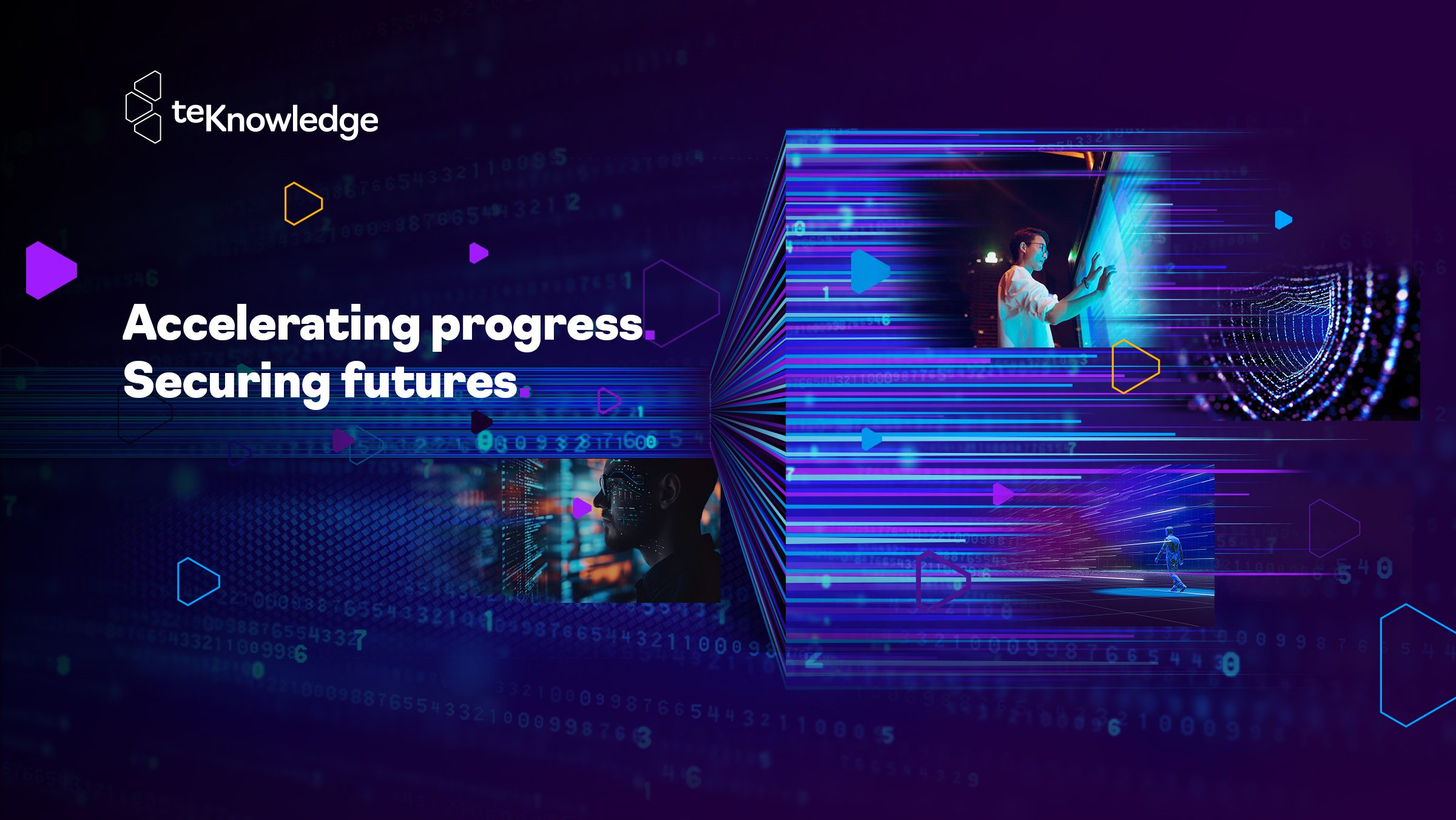When it comes to customer experience, consumer expectations are at an all-time high. Standard business hours are a thing of the past. Consumers want immediate responses. The concept of customer experience covers every brand/consumer interaction: from customer-facing employees, to the people and processes behind the scenes, and it is as vital to the bottom line as the quality of the product on offer.
The 2022 Salesforce Report reveals that nearly 90% of buyers say the experience a company provides matters as much as its products or services. Brands that cannot deliver against these expectations risk falling behind. They must have the right tools, insights, and solutions to understand what customers expect at every stage of their journey and meet and exceed these expectations.
As businesses plan how to respond to these demands, many are considering what the right blend is when it comes to human support (whether internal or external) as well as the use of Artificial Intelligence (including chatbots).
With the stakes so high, there is no room for error. Unfortunately, the rapid development of generative AI tools has given rise to a number of unhelpful myths in this field, myths that we are here to unpack. In this article, we bust three customer experience myths that stop businesses from maximizing their potential
1. Customers Do Not Care About Human Touch are Happy Chatting with a Bot or Self-Service Resources
Reality: Synergy of AI and human touch is the winning combination
AI tools bring many benefits to the table: swift response times, 24/7 availability, cost efficiency, and continuous learning, but they cannot replace human customer support. AI tools are designed to assist and enhance human customer support, not replace it. With recent research confirming that the majority of people still prefer to speak to a live customer service representative, businesses need to have a balance between AI chatbots and human customer support to craft the best customer experience.
A concern commonly expressed by consumers is that chatbots cannot understand their queries. This is because, though they are evolving fast, chatbots still have very real limitations. They lack emotional intelligence, which means they cannot understand and respond to complex human emotions, and they do not have the empathy required to provide the personalized response that today’s demanding consumer requires. Without the ability to appreciate context, they often misinterpret queries or offer irrelevant responses. Working from pre-defined scripts means that they cannot provide customized solutions.
By building in human support alongside AI, businesses ensure they can offer compassionate messaging, cultural sensitivity, and complex problem-solving.
To capitalize on the advantages of human and AI capability, businesses must match each to the appropriate task; this might mean, for example, AI chatbots handling routine inquiries so human agents can focus on more complex tasks. This includes a chatbot engaging consumers and collecting information for human follow-up (such as lead generation or personalized support) or chatbots monitoring customer feedback and passing data to human agents for further processing.
2. Customer Success and Experience has to be Handled Internally
Reality: Mixing in-house and outsourced supply is often the best way to access the right talent and tech while staying on budget
For many businesses, resourcing customer experience and success functions is a challenge that sees them struggle to secure the right talent, especially as they are often also faced with high levels of staff attrition. Tech skills are in short supply, which feeds escalating labor costs. To provide the necessary level of service, companies also know they have to upskill their teams constantly.
The experience of many well-established companies, however, is that non-core functions can be effectively and successfully outsourced. The key is judging what should be managed internally and what can be better handled externally. When this is done right, companies can drive more efficient budgetary outcomes while maintaining an exceptional customer experience.
Outsourced providers can offer deep technical expertise, for example, in cloud infrastructure, information security, infrastructure management, or business intelligence and data management. This comes alongside well-honed interpersonal skills: active listening, problem-solving, and communication.
With the right outsourced support, the results are immediately quantifiable and can be spectacular. Tek Experts, for example, generated $60m in incremental revenue and a tenfold return on investment when engaged by a client to maximize customer lifetime value.
3. AI is Replacing the Need for Third-Party CX Providers
Reality: As the tech industry expands, so does the need for high-quality outsourced tech support
The enterprise technical support outsourcing market is expanding explosively on the back of the technology industry’s growth.
Businesses need more tech talent than ever to support AI and digital transformations, and the knock-on effect is an ongoing talent shortage. Korn Ferry estimates that there will be a $8.5 trillion talent shortage by 2030.
In this context, businesses rely on quality third-party providers, which generally fall into one of three categories: traditional global contact center (CC) providers, System Integrators (SIs), and specialist technical support providers.
Selecting the right support is a critical decision, and organizations must choose carefully, weighing a range of criteria. As identified in research by Everest Group in 2022, front of mind are the following factors:
Access to skilled talent: does the provider offer high-skilled tech support engineers and a low-cost talent base that can be scaled up and down rapidly?
Global support: can the provider supply multi-lingual and follow-the-sun support, as well as field support for hardware?
Resilience: will the provider guarantee robust business continuity planning, ESG maturity, and compliance around data privacy?
Efficiencies: is the provider able to right-shore for cost optimization? Do they provide useful consulting and analytics and a powerful tech stack?
Choose Wisely to Maximize Potential
It’s clear then that much of the ‘perceived wisdom’ around the best approach to resourcing customer experience and success functions is unhelpful and could lead businesses down a path that prevents them from delivering to full potential.
Tek Experts supports organizations worldwide to make measurable gains in this field. Read more about how Tek Experts helped a major software provider generate $60M in incremental revenue through customer success, and contact us to unlock your business’s full potential.




